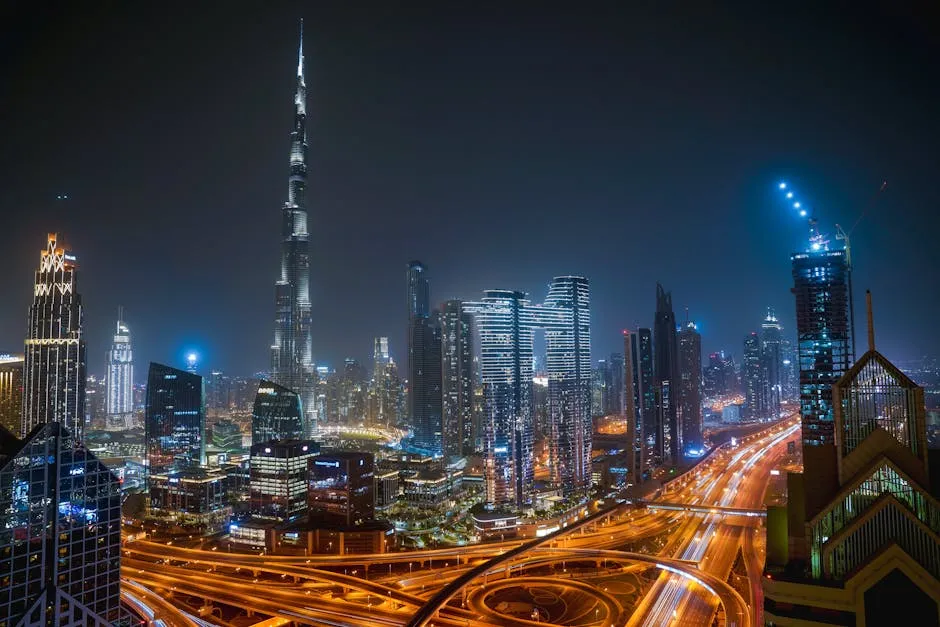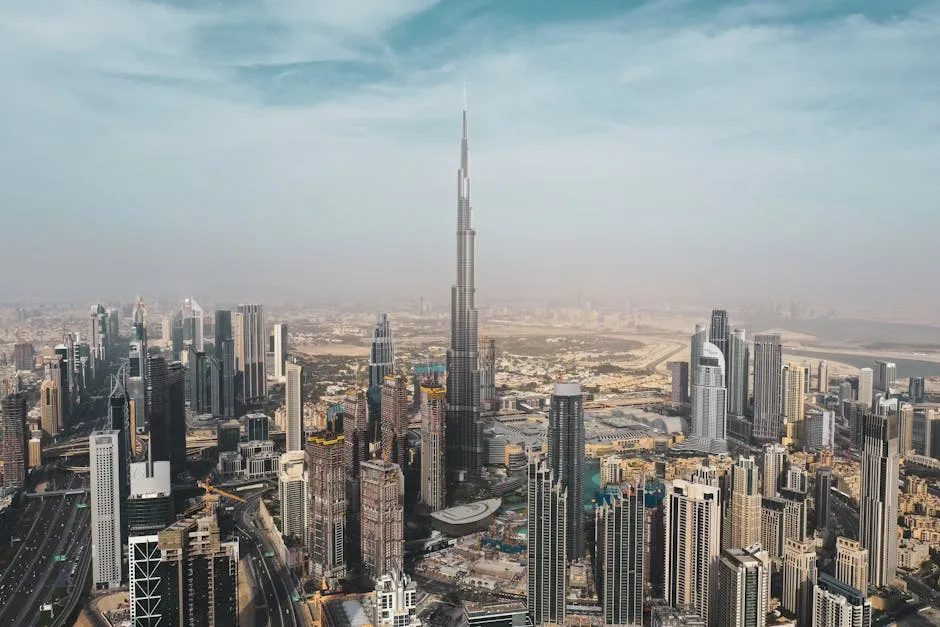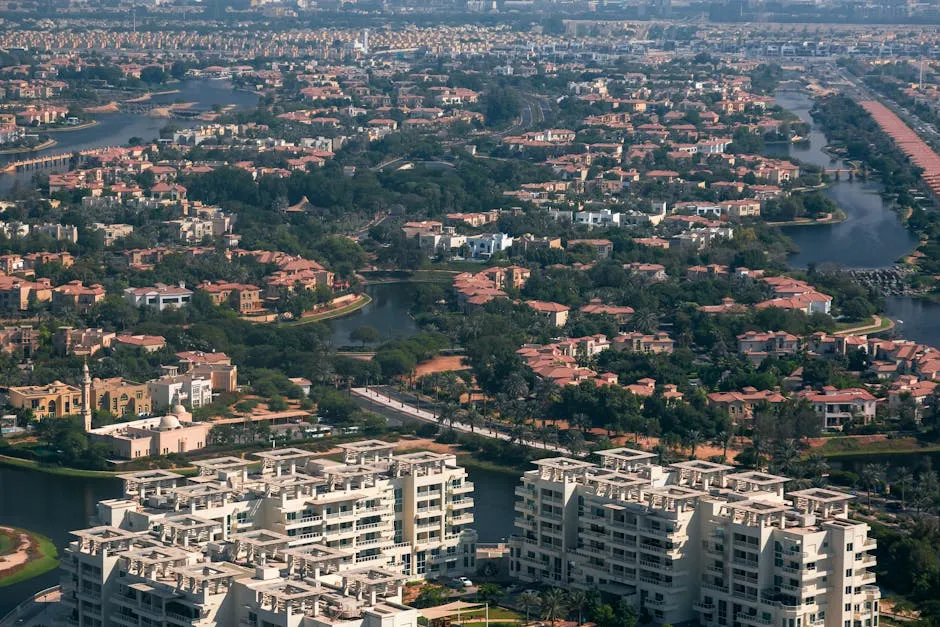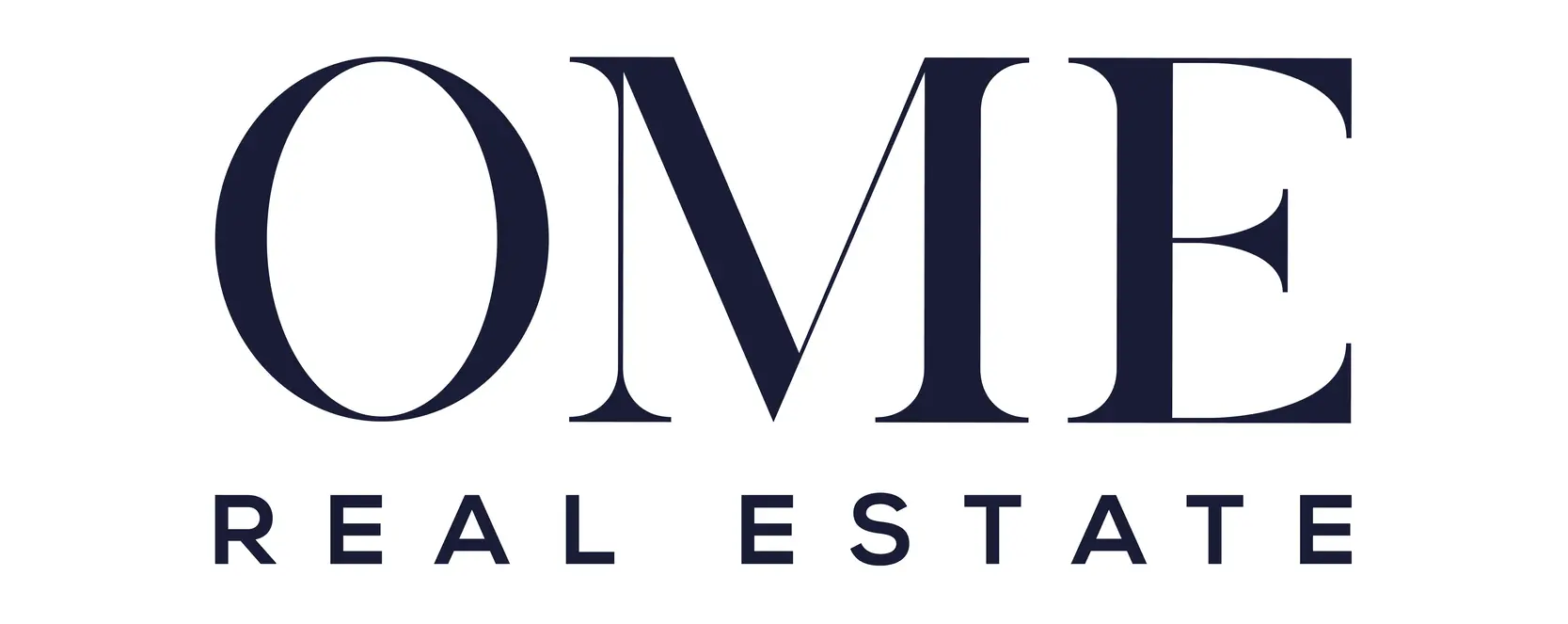Introduction
Dubai’s real estate market is booming. Foreign investors are drawn to its rapid growth and luxury properties. Understanding the legal framework is essential for property ownership. Familiarity with regulations ensures successful investments in this vibrant market.

Summary and Overview
Dubai’s real estate landscape offers vast opportunities for foreign investors. The market is known for its impressive growth and diverse property options. Foreigners can purchase residential, commercial, and off-plan properties in designated areas.
Key regulations govern ownership, primarily outlined in Law No. 7 of 2006. This law allows full ownership rights in specific freehold areas, such as Dubai Marina and Downtown Dubai. Additionally, leasehold options for up to 99 years are available.
Investing in Dubai real estate can yield significant financial returns. The absence of property taxes enhances investment appeal. Moreover, property ownership can provide foreign investors with residency options, making it a lucrative venture.

Understanding Dubai’s Real Estate Market
Overview of the Real Estate Landscape
Dubai’s real estate market has seen remarkable growth in recent years. In 2024, the total value of property transactions reached approximately AED 108.2 billion. This represents a significant increase, showcasing a thriving investment environment. Foreign investors have played a critical role in this expansion, with foreign ownership rising by 20% between 2020 and early 2022.
As of now, over 40% of Dubai’s properties are owned by foreigners. This demonstrates the city’s appeal as a global investment hub. The most popular types of properties include luxury villas, high-rise apartments, and commercial spaces. Areas like Dubai Marina and Downtown Dubai remain favorites among investors.
With the absence of property taxes, the market remains attractive for foreign ownership. Are you considering investing in Dubai? Now is a great time to explore specific investment opportunities in this vibrant market.
Exploring the latest trends in the Dubai real estate market can provide valuable insights for potential investors.

Legal Framework for Foreign Property Ownership
The Role of Dubai Land Department (DLD)
The Dubai Land Department (DLD) is essential in regulating property ownership in the emirate. It oversees all real estate transactions and ensures compliance with local laws. One of its primary functions is to register properties, safeguarding ownership rights for buyers.
Foreign investors must register their properties with the DLD to secure their legal interests. This registration process includes submitting necessary documentation and paying a 4% transfer fee based on the property’s value. Understanding the DLD’s role is crucial for anyone looking to invest in Dubai real estate.
For official guidance, you can always consult the DLD. It’s a valuable step in ensuring your investment complies with all regulations.

Foreign Ownership Laws
Dubai embraces foreign investment through Law No. 7 of 2006. This law allows foreigners to own properties in designated freehold areas. These areas include popular neighborhoods like Dubai Marina and Downtown Dubai.
Freehold ownership means complete ownership of both the property and the land. You can sell, lease, or inherit your property without restrictions. On the other hand, leasehold ownership allows you to use the property for a set period, typically up to 99 years. After this term, ownership reverts to the freeholder.
Are you eligible to buy? Foreigners can purchase properties in these specified areas without needing a local partner. However, it’s wise to check the latest regulations to ensure compliance before making a decision.

Types of Properties Available for Foreigners
Freehold Properties
Freehold properties offer full ownership rights to buyers. This means you own both the property and the land it sits on. You can sell, rent, or pass on the property to heirs, making it a popular choice for investors.
Dubai boasts many notable freehold areas. Key locations include the vibrant Dubai Marina, the iconic Palm Jumeirah, and the bustling Downtown Dubai. Each area offers unique attractions and amenities, catering to various lifestyles and investment goals.
If you’re thinking about investing, freehold properties present an appealing opportunity. Consider exploring these areas to find the perfect fit for your investment portfolio.

Leasehold Properties
Leasehold ownership in Dubai allows foreign investors to occupy a property for a specific duration, typically up to 99 years. This arrangement provides a unique opportunity, especially for those who might not wish to invest in freehold properties. However, it’s essential to understand the implications of leasehold ownership.
As a leaseholder, you have the right to use the property but do not own the land. At the end of the lease term, ownership reverts to the freeholder. This could lead to potential challenges if you wish to modify the property, as any structural changes require the freeholder’s approval.
Leasehold properties often come with lower initial costs compared to freehold options, making them appealing for first-time investors. If your investment goals focus on affordability and flexibility, evaluating leasehold properties might be worthwhile. Consider your long-term plans and how they align with leasehold terms before making a decision.

Financial Considerations for Foreign Buyers
Costs of Buying Property
Buying property in Dubai involves several costs that investors need to consider. One of the primary expenses is the 4% registration fee paid to the Dubai Land Department. This fee is calculated based on the property’s value and is a crucial step in securing ownership.
In addition to registration fees, buyers should account for other costs, such as valuation fees and legal expenses. Although Dubai does not impose annual property taxes, there are maintenance fees and service charges that can add up over time. It’s essential to budget for these ongoing costs to ensure a smooth ownership experience.
Investing in Dubai real estate can be financially rewarding. Understanding all associated costs will help you make informed decisions and maximize your investment potential. Budgeting appropriately ensures you’re prepared for both the initial purchase and ongoing expenses.

Financing Options
If you’re a foreigner considering property in Dubai, understanding mortgage options is crucial. Many banks in the UAE offer mortgages to non-residents. However, the terms can vary. Generally, banks require a down payment of 25% to 35% of the property value. Your monthly income and credit history will play significant roles in your eligibility.
It’s important to note that mortgage options may be limited for non-residents compared to UAE nationals. Factors such as your country of residence and employment status can influence loan approval. Always check with multiple financial institutions to find the best terms.
Financing your property can have implications. For instance, mortgages might affect your cash flow, especially with associated fees. Additionally, understanding the repayment terms is essential to avoid future financial strain.
Consulting with financial advisors can provide tailored advice for your situation. They can help you navigate the complexities of property financing in Dubai and ensure you make informed decisions.

Essential Documents for Property Purchase
When purchasing property in Dubai, foreign buyers must prepare several essential documents. First, a valid passport is required to confirm your identity. Additionally, you will need proof of residency, such as a visa if you’re a resident.
A No Objection Certificate (NOC) from the property developer is also necessary. This document ensures there are no outstanding dues on the property. Furthermore, a signed Memorandum of Understanding (MOU) is crucial, detailing the terms of the sale.
Legal agreements are important for protecting your investment. These documents help clarify ownership rights and responsibilities. Engaging a legal expert can ensure all agreements comply with local laws and regulations.
Having the right documents in place streamlines the purchase process. It also safeguards your interests in the transaction. Make sure to verify all paperwork before proceeding with the purchase.

Please let us know what you think about our content by leaving a comment down below!
Thank you for reading till here 🙂
All images from Pexels

